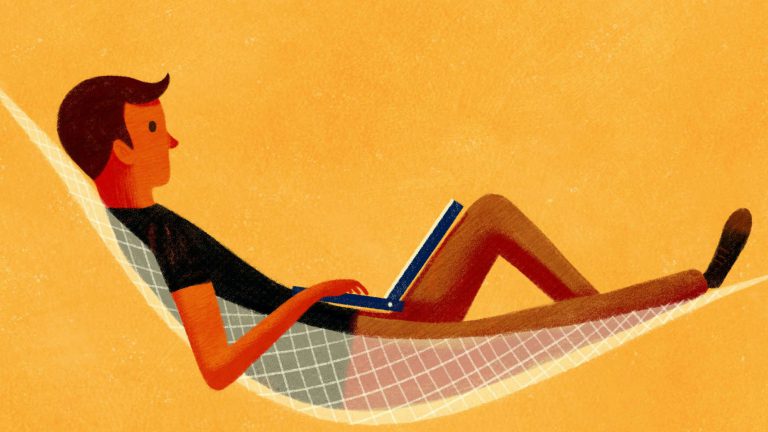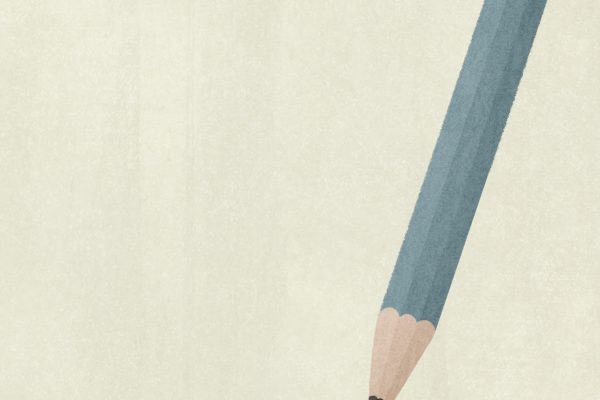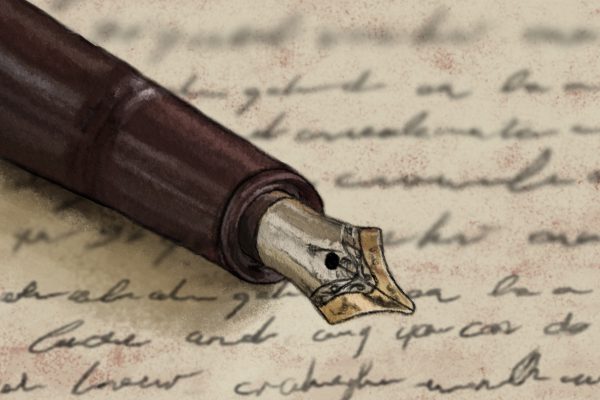In the late seventeenth century, Trinity College in Cambridge, England issued an urgent message to its students and faculty: go home, or risk getting sick.
At the time, London was being ravaged by an outbreak of the bubonic plague that ultimately killed a quarter of the city’s population. However, the warning sent by that school’s administration echoes calls issued by recent weeks from leaders around the world as governments scramble to contain outbreaks of COVID-19. Just as many workers today are being urged to work from home, students then were encouraged to go back to their families and return once the plague had died down.
One student who heeded Trinity College’s warning was Isaac Newton, who returned to a family estate located 60 miles from the university. While cooped up at Woolsthorpe Manor, Newton had one of the most productive years of his life. He invented early calculus, started using prisms to work out theories on optics, and began forming his theories of gravity (even if the tree outside his window wasn’t, truthfully, his sole inspiration).
Without question, Newton was a savant, but his genius alone didn’t produce the incredible breakthroughs he accomplished while at his family’s manor. Though we don’t know how he divided his days, his impressive body of work during this time proves that he made efforts to treat the societal disruption caused by the plague as an opportunity to manage his time well.
For many, working productively from home can seem challenging, if not outright impossible. As explained in our Instaread Original on Time Management, people depend on rituals to organize their daily lives; having those rituals suddenly disrupted can be disorienting, especially when social and professional norms are upended all at once. However, working from home doesn’t always lead goal-oriented professionals off course. Whether you’ve suddenly found yourself working from home because of the coronavirus pandemic, or if you’ve been working from home for years, here are some tips for making your time a little more productive.
Stop Multitasking
It’s easy to think that doing multiple things at once is the same as getting multiple things done. However, the truth is that by tackling more than one task at a time, you’re only slowing yourself down.
In his 2016 book, Deep Work, author Cal Newport explains that people aren’t capable of producing their best work while their attention spans are divided. A multitasker might think that she’s capable of reading reports and listening to a visiting speaker at the same time, but her lack of focus will leave her feeling more scattered than she would have felt if she had simply devoted time to these two tasks individually. Only by setting aside distractions and tackling tasks one at a time can a professional truly make headway on his or her goals.
Newport points out that it’s important to analyze daily tasks and to prioritize them so that chores most aligned with long-term or crucial goals are completed first. This ability to evaluate whether a task is essential is especially useful for those working from home, who may find it difficult to create their own schedules.
Avoiding multitasking also requires that you have the discipline to avoid work after you’ve decided to call it a day. In a 2020 article for The New York Times Smarter Living, Jen A. Miller reminds readers that fully unplugging from work after shifts or during breaks is vital. Exercising during set periods or scheduling set coffee runs can help a worker get in the rhythm of periodically resting, leaving him better able to competently tackle his work later.
Now is Better
Workers can also find it difficult to manage their time when new requests come in throughout the workday. A question from a colleague or an email from a boss can distract from present priorities or even cause someone to lose focus altogether. While working from home, entirely new distractions might also arise: for example, the needs of children and other relatives who inhabit the same space. Ideally, emails, calls, familial requests, and other distractions should be relegated to specific time periods. For example, an entrepreneur working from home might decide to check her email once in the morning and again at the end of the day. She might also ask her husband to minimize interruptions during specific hours. Miller recommends that at-home workers keep schedules that are as close to their office routines as possible. Repeating the same tasks at the same times will make it easier for workers to stay focused throughout the day.
However, some jobs might require an employee to stay on top of communication constantly. In those situations, it’s best to handle new requests as soon as they are received. In his 2012 book, Extreme Productivity, author Robert Pozen gives a handy nickname to his solution for minimizing distracting communication with others: OHIO (Only Handle It Once). When Pozen receives an invitation to a speaking engagement or a request from a client, he decides immediately whether he wants to respond, or whether the message in question even merits a response. If a response is needed, he sends it immediately. By promptly crossing these requests off his to-do list, Pozen makes it easier for his mind to focus on the professional challenges that truly matter.
Take the Next Step
Making progress on a project can sometimes be difficult for someone who is still learning how to manage his or her time independently of office culture. However, as David Allen points out in his 2001 work, Getting Things Done, there’s usually one of four tasks that can be completed to get projects closer to their intended outcome. If a project is in its initial stages and few concrete plans for its execution have been generated, a simple brainstorming session may lead to more concrete action. Gathering data or organizing existing research can also spark ideas and move a project along, as can setting up meetings with colleagues and outside professionals who have expertise related to the project. These four tasks can usually jumpstart progress, even for projects that have been stalled for a significant amount of time. Thankfully, the strategies Allen outlines for moving projects forward are also easy to implement with social distancing; brainstorming can be done alone or through teleworking, and employees can easily be assigned to research subjects remotely using online resources. With practice, these time management skills can improve anyone’s productivity, even in the midst of a pandemic.
Titles mentioned in this post include Deep Work by Cal Newport, Extreme Productivity by Robert Pozen, Getting Things Done by David Allen, and “How To Work From Home, if You’ve Never Done It Before,” by Jen A. Miller, from The New York Times Smarter Living.







